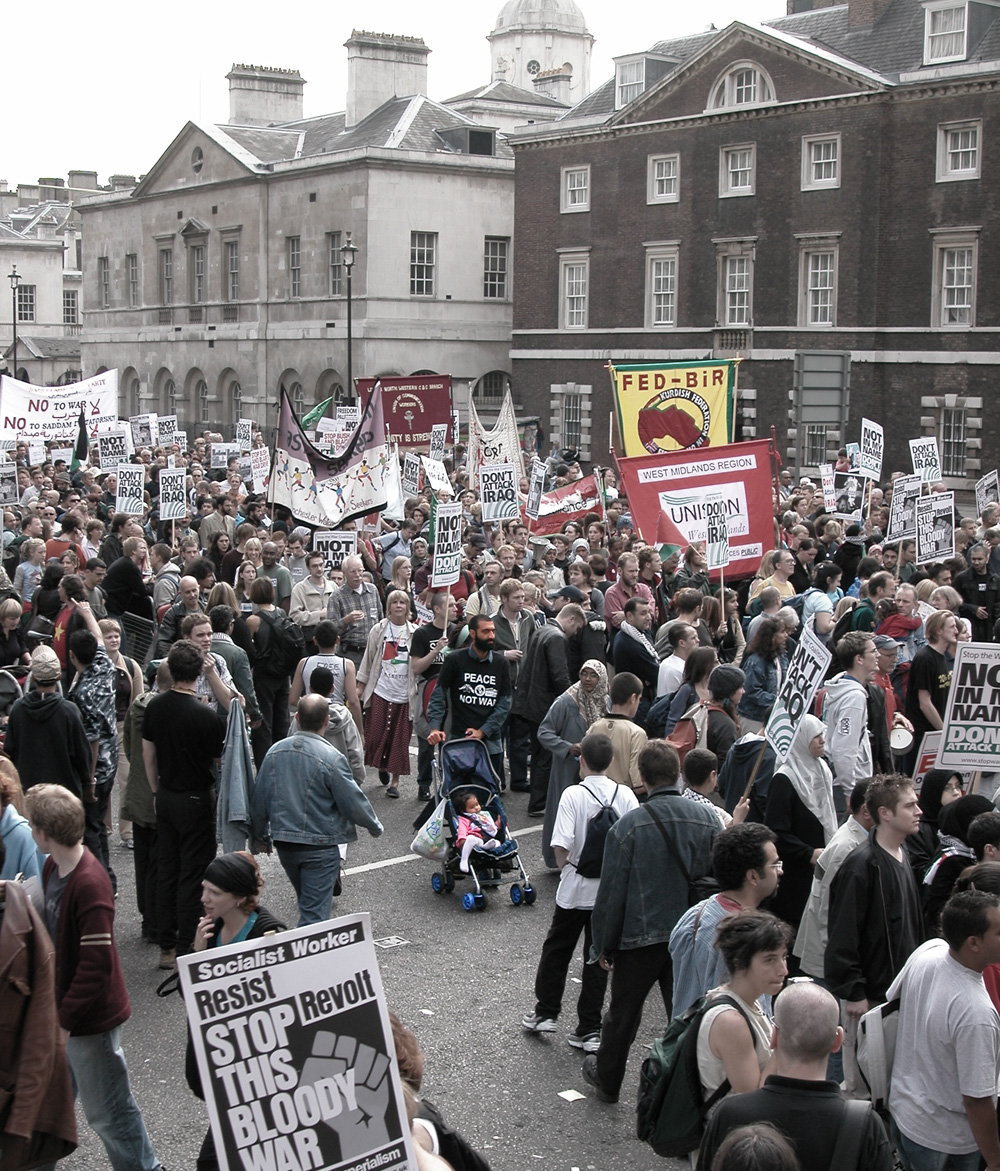Could Nonviolence Stop Nazis?


Once again, yesterday, I came across the tired old canard that the only way to fight bad things and bad people is to put weapons in the hands of good people. We hear it after every mass shooting.
And not only is it not true, it’s a very destructive thought pattern. Too often, when good people get guns, they turn into not-so-good people. Lord Acton’s famous dictum, “Power corrupts. Absolute power corrupts absolutely” seems to hold very true. Dictators were often first hailed as liberators; as one of hundreds of examples, think about Zimbabwe’s Robert Mugabe.
Gandhian techniques were actually very effective against the Nazis. The scholar Gene Sharp documented this extensively in The Politics of Nonviolent Action trilogy. And frankly, the Brits in India were no saints. They were brutal and violent, though lacking the organized killing machine (gas chambers, etc.) the Nazis built. You may be familiar with the King of Denmark very publicly wearing the yellow star. That’s just one example of hundreds. Many of these incidents had better outcomes than a lot of gun-based responses. And even when they didn’t, the reprisals were directed against those who acted, and not—as so often happened when partisans killed Nazis—the entire community.
The segregated American South was also quite brutal and violent, as shown very effectively in the recent movie, “Selma.” Martin Luther King considered Gandhi a mentor. Gandhi in turn learned from (and actually corresponded with) Tolstoy. Mandela, I’m sure, studied both Gandhi and King, and in turn influenced the Arab Spring.
None of this happens in a vacuum. We can trace nonviolent resistance in a reasonably straight line at least back to Christ, and of course there are several incidents of Gandhian tactics in the Old Testament. My personal favorite is the refusal of the midwives Shifra and Pu’ah to carry out the Pharaoh’s command to kill all the Hebrew boy babies, though Abraham’s argument with God over the coming destruction of Sodom and Gomorrah is a close second.



Hi, Arthur, thanks for your long post, which for some reason I didn’t see when it was new. You make several good points, among them the truth that more than a few people have voluntarily stepped away from substantial power—some because of threats form others apparently more powerful, but plenty of others for reasons ranging from love (the abdicating Edward) to protecting their society and ensuring a peaceful transition.